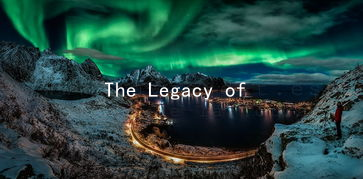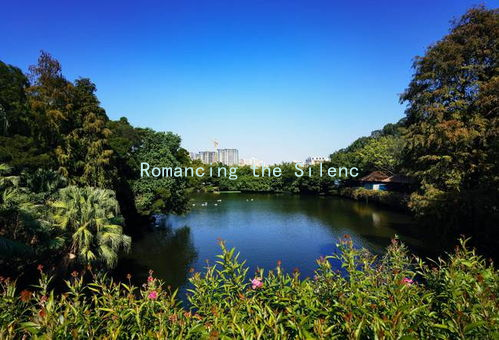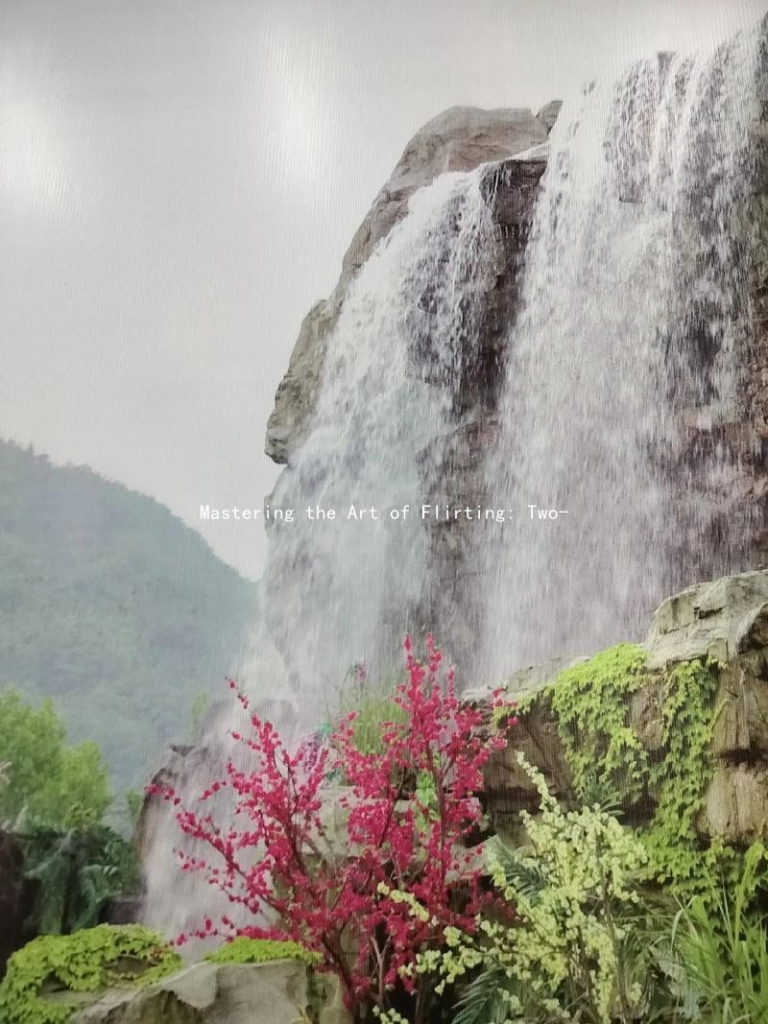The Legacy of Love: How Cultural Traditions Shape Our Romantic Lives
The Legacy of Love: How Cultural Traditions Shape Our Romantic Lives
Love is a universal language, but how we express and experience it varies significantly across cultures. From the way we date to the rituals we observe during courtship and marriage, cultural traditions play an integral role in shaping our romantic lives. Understanding these customs can not only deepen our appreciation for love but can also enhance our connections with partners from diverse backgrounds.
One of the most distinctive aspects of romantic traditions is the courtship rituals that vary widely across different societies. In many Western cultures, dating often begins with casual meetings in social settings, whereas, in many Eastern cultures, families play a pivotal role in the matchmaking process. In countries like India, arranged marriages are common, where families select suitable partners based on various criteria including caste, education, and social standing. This practice, while often viewed through a Western lens as limiting, can foster deeper familial bonds and long-lasting relationships driven by shared values and mutual respect.
Dating practices also reflect cultural values. In some places, explicit expressions of affection in public—like holding hands or kissing—are embraced, while in others, such displays may be frowned upon. The contrasting attitudes towards expressions of love can lead to misunderstandings between partners from different backgrounds. For instance, a person from a culture where public affection is normal might feel constrained or confused when encountering a partner from a more conservative background.
Language, too, plays a crucial role in romantic expression. The nuances in expressions of love vary not only between languages but also within cultural contexts. For example, in Spanish, the term “querer” signifies a less intense form of love than “amar,” highlighting a spectrum of emotional connections. Thus, learning the linguistic subtleties surrounding love can improve communication and strengthen bonds between partners, allowing for a richer understanding of each other’s feelings and sentiments.

Celebrations of love, particularly during wedding ceremonies, are often steeped in tradition. In many cultures, weddings are grand communal events that signify the union of not just two individuals, but two families. Customs such as the “dowry” in some cultures, or the “bride price” in others, reflect historical practices that have evolved, yet still influence contemporary views on love and partnership. These rituals can also play a role in establishing expectations. For example, in cultures where elaborate wedding ceremonies are common, partners may feel pressure to meet societal norms, potentially leading to conflict or dissatisfaction if personal desires are overlooked.
Moreover, the lessons learned from cultural narratives about love and relationships can shape personal beliefs and behaviors regarding romance. For instance, fairy tales often portray idealized versions of love, which can lead individuals to develop unrealistic expectations about their partners or relationships. Additionally, traditional roles assigned to genders in various cultures can dictate how love is expressed and interpreted. Awareness of these narratives can empower individuals to forge their paths in love that resonate with their values rather than societal pressures.
Navigating the complexities of love in a globalized world requires an open mind and a willingness to learn. The blending of cultural traditions in modern relationships can be a source of strength, presenting opportunities for growth and deeper connections. By honoring cultural differences and seeking to understand the traditions that shape our romantic lives, partners can build a relationship rooted in mutual respect and appreciation.
In conclusion, the legacy of love is intricately tied to the cultural traditions that influence our romantic lives. By recognizing and embracing these practices, we can enhance our understanding of love itself—transforming it from a mere sentiment into a profound, multifaceted experience that enriches our lives and the lives of those we cherish.





